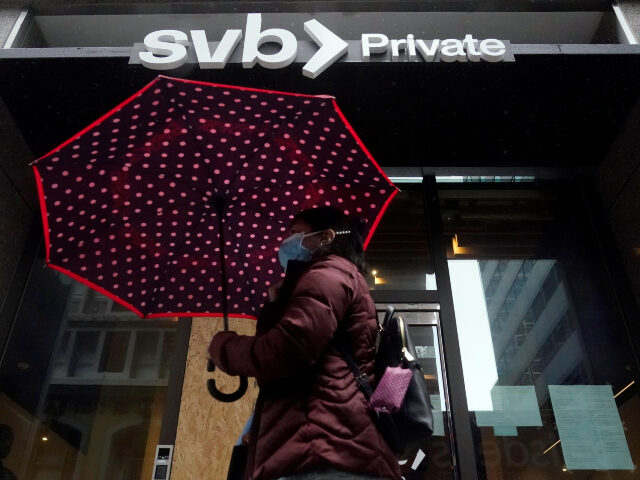Indian technology minister Rajeev Chandrashekhar said on Thursday that Indian tech startups had over $1 billion worth of deposits in California’s Silicon Valley Bank (SVB) when the bank was shut down by regulators on March 10.
The figure quoted by Chandrashekhar was considerably higher than the impression India has conveyed until now about its exposure to SVB. The technology minister said last Sunday that he would spend the week talking to start-up executives to “understand the impact on them,” and on Thursday he said he has determined hundreds of Indian companies had funds in the bank.
“The issue is, how do we make startups transition to the Indian banking system, rather than depend on the complex cross border U.S. banking system with all of its uncertainties in the coming month?” Chandrashekhar said.
One of the suggestions Chandrashekhar received during his week of talking with Indian tech executives was to “offer a deposit-backed credit line to startups that had funds in SVB, using those as collateral.”
“We will also try to see if more credit products like in the U.S. can be made available to you and make it easier for them to move from SVB to any other Indian bank in the U.S.,” he told a gathering of Indian entrepreneurs and venture capitalists on Tuesday, after some of the participants proposed the deposit-backed credit idea.
“The Indian banking system is most stable and robust and you must explore it as part of your organizational framework. While startups have a natural incentive to use banks like SVB, we must figure out a way to use the Indian banking system without changing your business model,” he said.

INDIA – NOVEMBER 24: Rajeev Chandrashekhar, Chairman of Hindustan Infrastructure at the ICONS ( India Today Council for News and Society ), Taj West End, Bangalore, Karnataka, India (India Today Icons) (Photo by Gireesh Gv/The The India Today Group via Getty Images)
Just about every public statement by Indian ministers over the past week has stressed the stability and strength of the Indian banking system compared to the SVB debacle. Few wanted to dwell on the Adani crisis, in which the vast industrial empire of billionaire Gautam Adani was accused of fraud and stock manipulation. Indian analysts were just breathing a sigh of relief that their markets survived the collapse of Adani Group stock when SVB collapsed.
Q India chief investment officer Arvind Chari argued on Wednesday that India’s ability to withstand the financial blast waves from Adani and SVB was a sign of the Indian system’s strength and resilience.
“Yes, India is chaotic. It is a democracy, has corruption weeded in its governance and has under-achieved. However, in this chaos lie opportunities; in Indian democracy lie checks and balances; in its corruption is scope for a clean-up; and India thus continues to disappoint both optimists and pessimists alike,” he wrote.
Chari also praised the Indian household as a source of national fiscal strength, noting that Indian families carry less debt on average than other advanced economies, and they tend to be “smart asset allocators” with most of their money tied up in stable investments like land and gold.
Chari said the lesson India should learn from SVB is the importance of speedy “resolution.”
“India now has a bankruptcy code to deal with corporate failures. It needs a financial resolution code to quickly resolve financial-firm failures,” he advised.

COMMENTS
Please let us know if you're having issues with commenting.